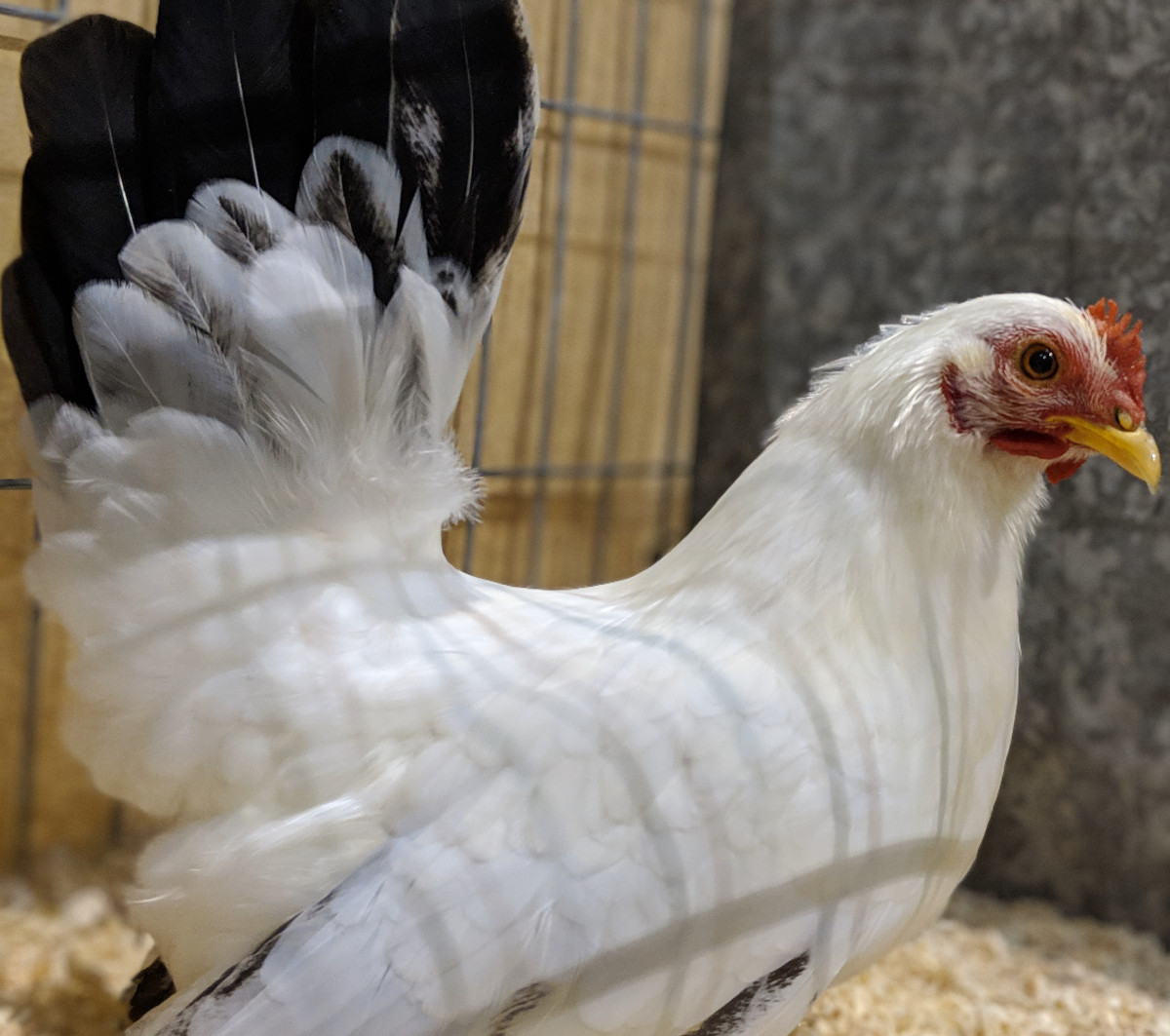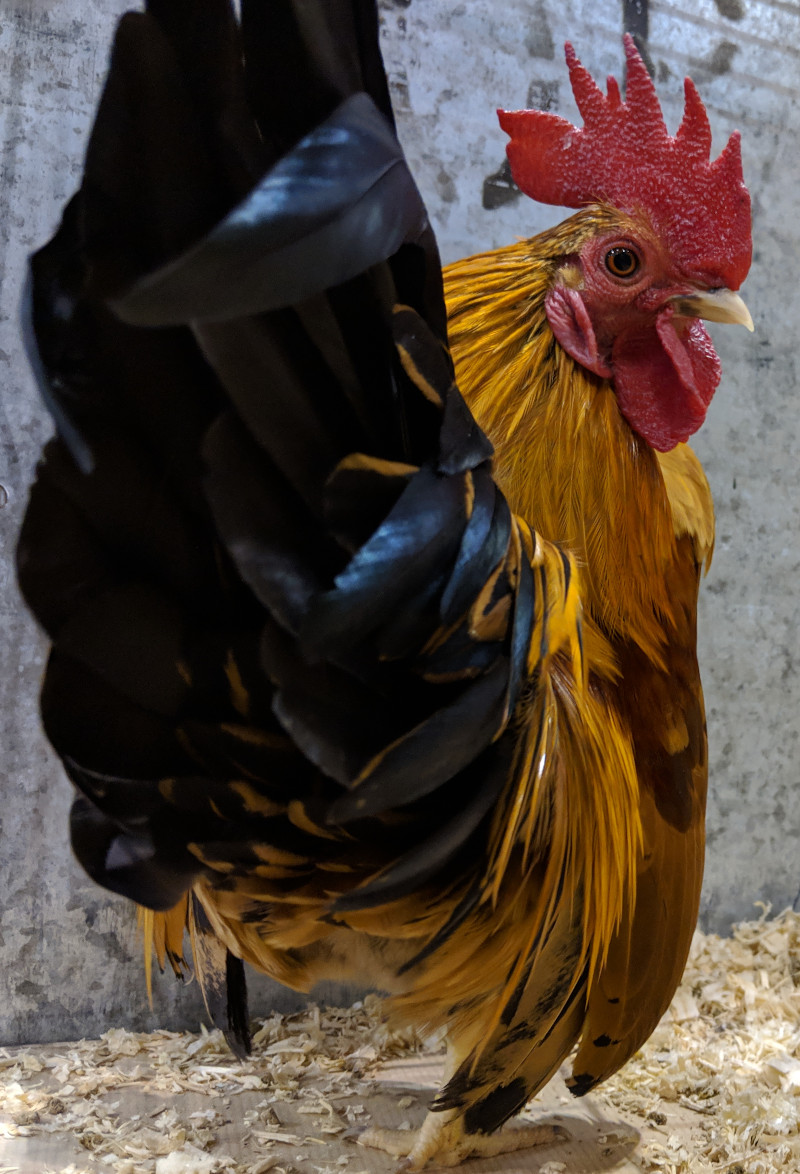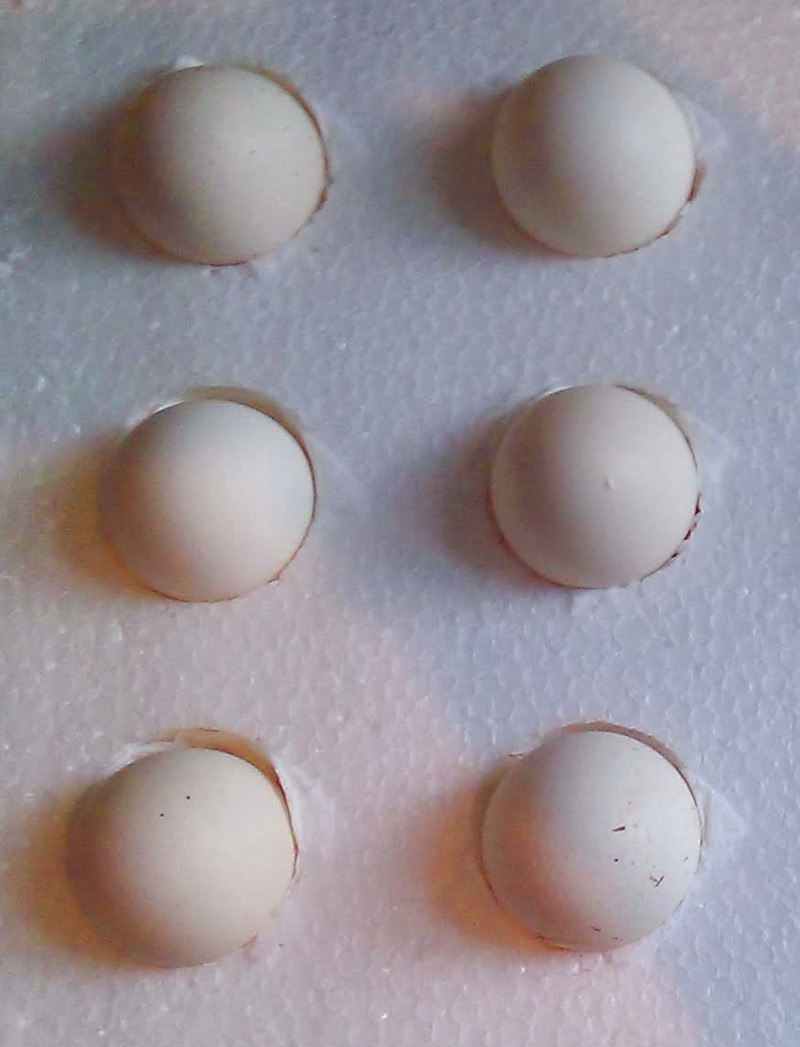
Where to get Japanese bantams and how much to pay for them.
Table of Contents
How much do Japanese bantams cost?
You can buy Japanese bantam hatching eggs from $2 each, day old chicks from $4.15 and fully grown birds from $40.
When this article was written, the GBP and the USD were almost equal in value.
Japanese bantam hatching eggs prices varied from $2 to $5, day old chick prices varied from $4.15 to $17.00 and fully grown birds can cost as much as $100 each for quality show stock.
One of the reasons Japanese bantams are more expensive is because of the fatal creeper gene which means that 25% of fertile eggs never hatch.
The price is variable and depends on the colour of Japanese bantam you want, the size of the order and the quality of the adult stock.
Below: I paid £120 for a trio of black tailed Buff Japanese bantams.

Most hatcheries only sell straight run bantams and the hatcheries I looked at only had a small selection of colours.
Where to get Japanese bantams:
The best place to but Japanese bantams is from a specialist breeder who has a record of competing successfully in poultry shows.
You can buy Japanese bantams from:
- Poultry auctions. Most countries have farm animal and poultry auctions.
- Direct from breeders. You will probably need to join the breed club to find members who sell their stock.
- eBay. In some countries hatching egg sales are allowed.
- Look on Facebook to find dedicated groups.
- Online sellers like Gumtree, Craigslist and even Etsy.
- Chicken forums and message boards.
Dedicated breeders are likely to give you the best service and the highest quality stock. hatcheries tend to be all about numbers.
What to watch out for when buying Japanese bantams:
Buying eggs, chicks and fully grown Japanese bantams without seeing them is always going to be a bit of a risk.
You should ask to see any relevant paperwork like the NPIP, vaccination records or testing certificates. Ask for video or images of the stock that is for sale and ask if there are any guarantees.
If you are able to see the parents, check they are healthy and active and move around easily.
Below: some of my Japanese bantams hatching eggs packed for posting.

If you are buying chicks, growers or adult chickens you should make sure they don't have any obvious defects like splayed legs and deformed keel bones.
Long legs are a fault in the Japanese bantam and the birds should have the large comb with distinct points and the huge squirrel tail.
